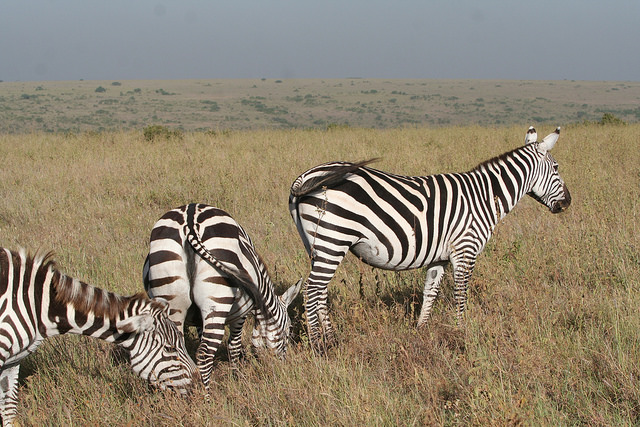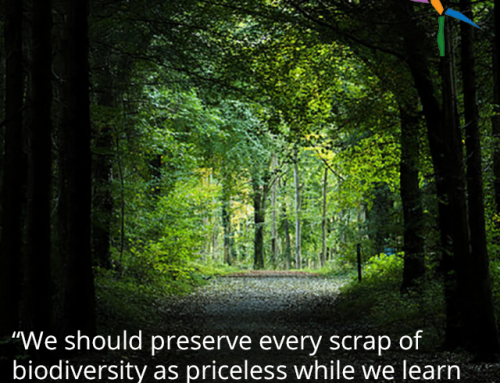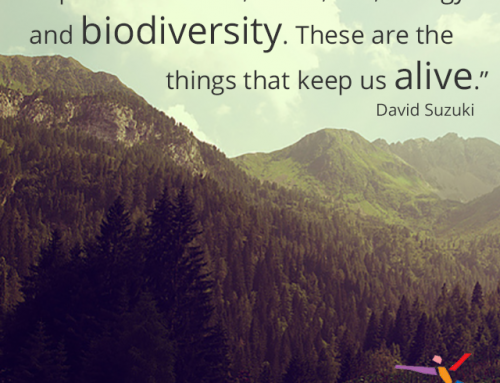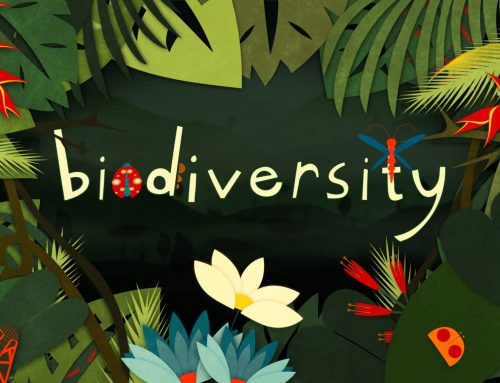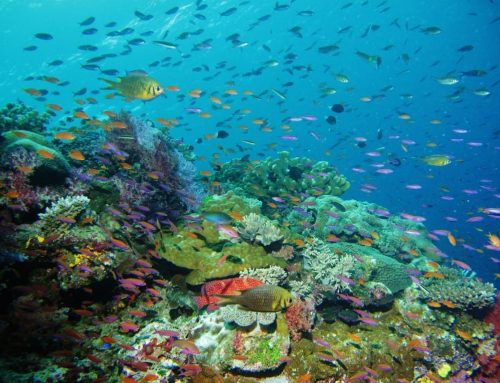If you take a look through many recommendations for eco-travel destinations, you’ll see a lot of safaris mentioned. At base, it makes a great deal of sense. After all, is there anywhere closer to nature than the preserved wildlife habitations of Africa? The perception is that the continent as a whole is, well, eco-friendly and (as a misconception) wildly underdeveloped. While there are pros to a safari vacation from an environmental standpoint, there are also, however, cons. We’re in support of a thoughtfully planned safari trip, but the key word is thoughtful. That’s why today we’re taking some time to flip through the pros and cons and give you the tools to make those mindful decisions.
Pro: Money Talks…and Saves Animals and Habitats
The biggest pro of taking a safari vacation is that, whether we like it or not, money talks. If we want to save the rapidly diminishing wildlife of Africa as well as ensure that their natural habitats remain preserved, we’ll have to do it with dollars. As much as we wish it were different, good intention is not enough. And tourism dollars are an important part of the economy of most African countries, particularly tourism centered around seeing wildlife. In fact, part of the reason gorilla habitats have survived as long as they have is because there is a national interest in preserving them to maintain a stream of tourist dollars through the country. While that hasn’t stopped poachers entirely, it has helped ensure that countries do provide adequate resources to attempt to catch and penalize poachers. If you want wildlife and habitat preservation, support it with your vacation dollars.
Con: You Are Making a Huge Carbon Footprint to Get There
However, to support African tourism with your dollars, you’ll probably need to get to Africa. For most of the world (including people in Africa itself) air transport to an African destination is a massive undertaking. You’ll be piling up the carbon footprint of thousands of air travel miles. Then, once you get to Africa, the continent itself and most of the countries within it are vast with huge distances between destinations and no significant type of public transportation to get between places. You’ll likely have hired a personal driver and car (or drivers and cars) for your safari group. So on top of the massive fuel footprint of your airline travel, you’re also leaving behind a huge fuel footprint of individual car travel. We wish there were a better way to experience this type of trip, but there’s simply not.
Pro: A More Enlightened View of Africa
Africa is certainly one of the most misunderstood continents in the world. In some ways, people view it as far more underdeveloped than it is. In other ways, they don’t understand the challenges of Africa and therefore can’t relate in any way to the concepts of food shortages, Ebola, malaria and how challenging it can be to simply get mosquito nets distributed to people. They also have a removed, disconnected understanding of the majesty of natural landmarks like Mt. Kilimanjaro and the Nile river as well as of the wildlife. Not only is having a more enlightened view of Africa important for the world to move forward as a whole in terms of social justice and equality, it’s also important for raising passion and concern about wildlife preservation and support. Any time you travel somewhere your world view changes and you become a more well-rounded person, but that is especially true when it comes to African travel.
Con: But You’re Still Trampling the Environment
While it’s true that you likely need to visit wildlife preserves in order to ultimately support and help to save the wildlife therein, every time you drive through a wildlife sanctuary you leave your boot print behind. The exhaust fumes of your vehicle, the trampled vegetation as you hike, the trash inevitably left behind no matter how much everybody swears they don’t just throw cans out of a window … all of this adds up as more and more people visit the land. Ironically, of course, more and more people need to visit the land to help the overall preservation effort. So essentially, you’re damned if you do and damned if you don’t.
At the end of the day, we nevertheless think a safari is a great trip that benefits the state of the world more than it harms it. But go into it aware that you’re unavoidably leaving behind a footprint and that you should make decisions as you go along that will help to minimize or somewhat negate that footprint.
Did we miss an eco pro or con about taking a safari that you want to share with us? If so, just tell us about it on one of the social media channels below.
Facebook | Twitter | Instagram | Tumblr | Pinterest | Google+
Photo Credit: Amy the Nurse via Flickr
